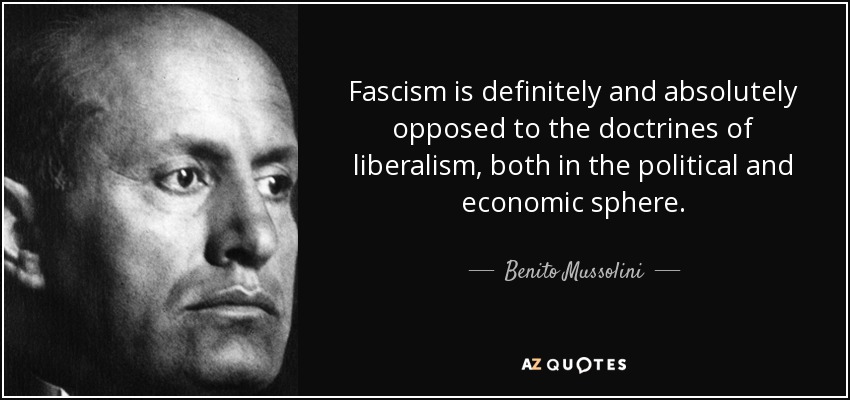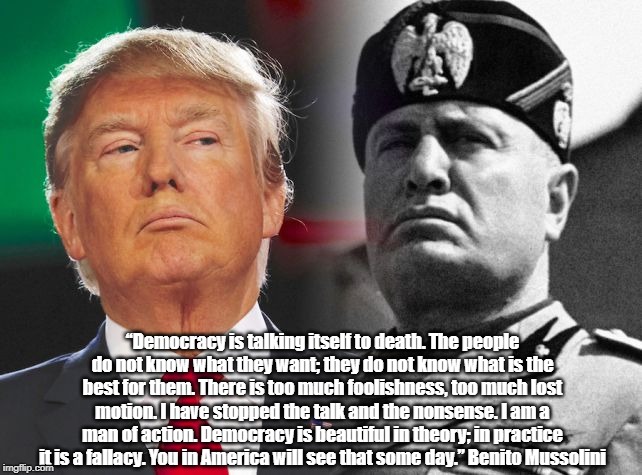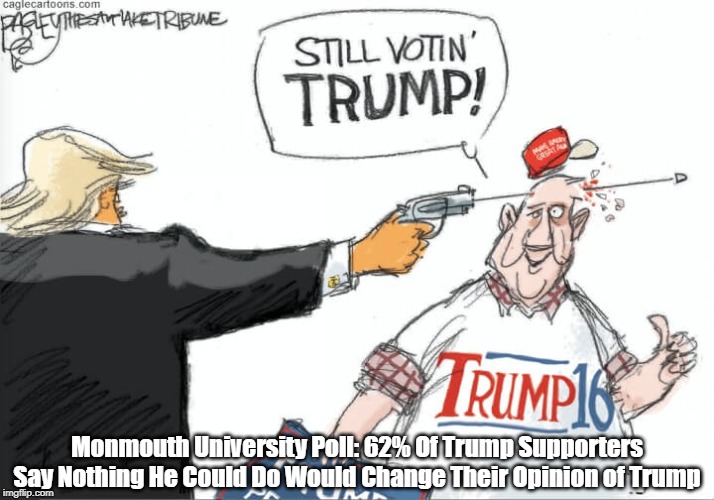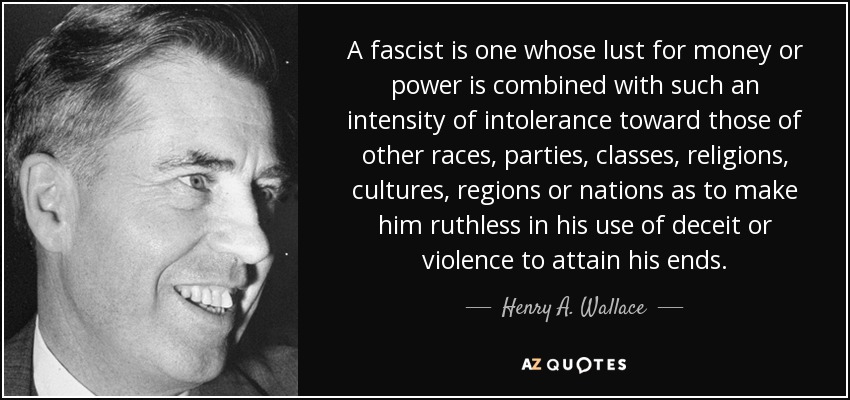Alan: I was in my forties, having recently returned from a year at the National Medical School in Managua, Nicaragua, when I experienced - first-hand - how rules apply most rigidly to "underlings."
At the top of the pecking order, where "leaders" see nothing but open sky rising to limitlessness, there is wide-open opportunity to declare oneself "top dog," imposing oneself on the rand and file who are encircled by an impenetrable hedge of specified restrictions.
It was evident from the day my new principal at Orange High School "showed me around," popping into a classroom where -- from the hallway -- he saw a student wearing a baseball cap.
"H" moved briskly to the student's desk, got right in his face, and barked at him: "You'll never amount to anything!"
I later learned that this student - an Afro-American - was a big teddy bear fellow widely loved by students and teachers alike.
I soon learned that Principal H, a county commissioner and liberal progressive in his political life, had a Captain Quig-like fetish about baseball caps which MUST NEVER BE WORN IN SCHOOL.
That first day, H (who did many good things to advance educational process at Orange High) also asked "Why do you want to be a school teacher?" He did not pose his question philosophically but rather was baffled by an evidently bright fellow like myself wanting to waste time as a grass roots educator.
Shortly thereafter, a veteran teacher, a woman who felt psychologically abused by H's haughty, autocratic manner, confided that many other teachers felt subdued and "put upon" by his presumptuous, bombastic demeanor, and asked if I would spearhead some kind of "resistance."
Although H's arguable "conflict of interest" as high school principal and county commissioner empowered him in two separate but synergistic domains, it became clear that H was beyond the pale, in large part because there were no clearly specified institutional restraints -- particularly "on the upside of the glass ceiling" -- to prevent him from arrogating power to himself, power that could be put to good use, or bad.
It soon became clear that there were few clearly codified rules for people "at the top." Power was just "lying around" to be "taken."
Given that "power tends to corrupt and absolute power corrupts absolutely," it was not surprising that Orange High School had become something of a satrapy in which H ruled supreme, even though his politically liberal instincts also resulted in a number of beneficial initiatives.
My takeaway from this immersion in "practical politics" was that "underlings" assume "overlords" are subject to rules just like they are.
In fact, many - if not most - of those presumed "rules" are not carved in stone, but result from the kindness, civility and deference of "power people" who choose to collaborate through deliberate self-limitation rather than succumb to the temptation of using power brusquely, insensitively and with an eye to self-aggrandizement.
In the passage below, Masha Gessen concludes that "many of (our) institutions are enshrined in political culture rather than in law, and all of them—including the ones enshrined in law — depend on the good faith of all actors to fulfill their purpose and uphold the Constitution."
Yes, H accomplished a great deal of good as a high school principal, and -- as a county commissioner -- may have learned a certain amount of restraint because he belonged to a Board of equi-potent commissioners and consequently he alone did not hold all the trump cards as he did at Orange High.
Collegiality is fundamental to happy, well-oiled community life, and it disappears -- tending toward ever more dysfunctional outcomes -- when colleagues do not treat one another as fully-dignified colleagues.
From the get-go of Donald Trump's presidential administration, it has been clear to me (and as a native New Yorker who "grew up" with Devious Donald "in my backyard," it has been even clearer) that Trump is an essentially destructive solipsist who delights in the energy released by "fission" just as vandals delight in the "fissile" breakage of throwing stones through windows and trashing architectural beauty with graffiti.
We Humans Are "Energy Feeding Creatures" And So Our Politics Tend To "Fission" Or "Fusion"
Autocracy: Rules for Survival
Masha Gessen
NY Review Of Books
11/10/2016
Rule #3: Institutions will not save you. It took Putin a year to take over the Russian media and four years to dismantle its electoral system; the judiciary collapsed unnoticed. The capture of institutions in Turkey has been carried out even faster, by a man once celebrated as the democrat to lead Turkey into the EU. Poland has in less than a year undone half of a quarter century’s accomplishments in building a constitutional democracy.
Of course, the United States has much stronger institutions than Germany did in the 1930s, or Russia does today. Both Clinton and Obama in their speeches stressed the importance and strength of these institutions. The problem, however, is that many of these institutions are enshrined in political culture rather than in law, and all of them—including the ones enshrined in law—depend on the good faith of all actors to fulfill their purpose and uphold the Constitution.

If You Don't Know The General Definition Of "Liberal Democracy" As A Historical Phenomenon, You're Too Ill-Informed To Be A Responsible Citizen
They Call It "Liberal Democracy" Because "Democracy" Is Essentially "Liberal"
Liberal Propaganda
(I love this!)

Benito Mussolini

(Real and imagined)


No comments:
Post a Comment